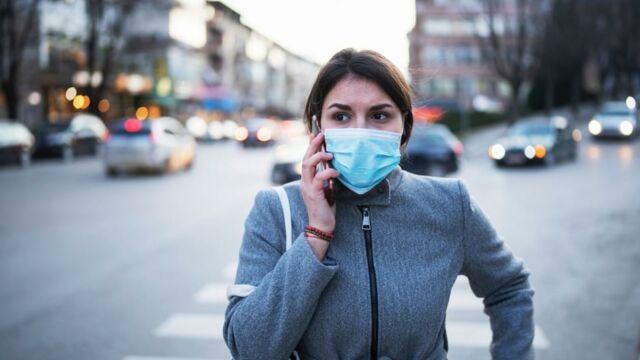Coronavirus: What Are The Symptoms?

What symptoms should we be watching out for during this epidemic? How do we avoid contamination? Read on to find out.
As a reminder, there are 7 types of viruses are called "coronaviruses." Among them, 3 are dangerous and can lead to death in humans.
Discover our latest podcast
Transmission: risk factors
Transmission takes place during close contact: shaking hands to say hello and kissing are high-risk.
Of course, airways speed up transmission, so please, cover your mouth with your hand if you need to cough or sneeze.
More rarely, contamination can occur through faeces. 3 words: wash your hands!
As a reminder, it takes 10 to 14 days following exposure to the virus for symptoms to appear.
Symptoms
Symptoms resemble those of a cold or pneumonia. Clogged bronchial tubes, headache, cough, sore throat, high fever, and a general feeling of being unwell. These are the main symptoms of infection.
More under this adMore under this adFor now, there is no specific treatment. Doctors recommend taking fever and pain medication and resting as much as possible. Researchers have yet to come up with a vaccine against this dangerous virus.
How can we reduce the risk of getting infected?
According to the National Center for Immunization and Respiratory Diseases (NCIRD), you should wash your hands regularly with soap and water, for at least 20 seconds, but also avoid touching your mucous membranes (mouth, nose, eyes, etc.) when your hands aren't clean and wear a mask.
More under this adMore under this adOf course, any physical contact with people who are ill is strongly discouraged.
You can see more about these prevention tips in the video above.